
Low levels of this key brain nutrient may be fueling your anxiety
A growing body of scientific evidence is revealing a powerful connection between nutrient levels in the brain and mental health—particularly anxiety. New research now suggests that low levels of choline, an essential brain nutrient, may play a meaningful role in worsening anxiety symptoms.
A recent and comprehensive meta-analysis of 25 studies, involving more than 700 participants, found that people diagnosed with anxiety disorders consistently had about 8% lower choline levels in their brains. This reduction was most prominent in the prefrontal cortex, the region responsible for decision-making, emotional regulation, and impulse control.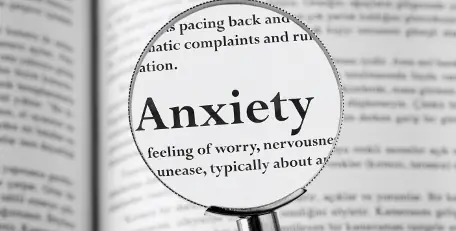
Key Takeaways
-
Anxiety disorders are linked to significantly lower levels of brain choline.
-
The prefrontal cortex shows the clearest and most consistent reduction.
-
Choline supports cell membrane integrity, neurotransmitter production, memory, and mood regulation.
-
Most Americans — including children — fail to meet daily choline recommendations.
-
Nutritional strategies and targeted supplementation may offer therapeutic benefits.
Understanding the Link
Anxiety disorders affect roughly 30% of adults in the United States, making them the most prevalent mental health condition today. They involve complex interactions between the amygdala, which processes fear, and the prefrontal cortex, which helps regulate emotional responses.
Researchers suggest that the brain’s heightened “fight-or-flight” response — common in chronic anxiety — may increase its need for choline. When demand rises but intake remains low, choline stores may become depleted, potentially disrupting neurotransmitter balance and emotional stability.
Some scientists also note that lifestyle factors such as chronic stress, poor diet, and sleep deprivation may further drain the brain’s choline reserves, making individuals even more vulnerable to anxiety symptoms.
Choline: An Underappreciated Nutrient
Choline (pronounced KOE-lean) is vital for:
-
building and repairing cell membranes
-
producing acetylcholine, a neurotransmitter essential for memory and mood
-
supporting liver function and metabolic health
-
maintaining healthy muscle and nervous system activity
While the human body synthesizes a small amount, most choline must come from food. Yet studies consistently show that the overwhelming majority of Americans do not get enough—placing many at risk of cognitive and emotional challenges.
Low choline intake has also been associated with liver dysfunction, cognitive decline, and pregnancy complications, further underscoring how crucial this nutrient is for overall health.
Potential for Nutritional Interventions
Although the meta-analysis does not prove that low choline directly causes anxiety, the evidence strongly suggests a meaningful link worth exploring in clinical settings.
“This is the first meta-analysis to show a chemical pattern in the brain in anxiety disorders,” said co-author Jason Smucny. “It suggests nutritional approaches—like appropriate choline supplementation—may help restore brain chemistry and improve outcomes.”
Researchers believe that combining choline-rich diets with traditional treatments—such as therapy, exercise, and stress-management techniques—could offer a more holistic pathway for reducing anxiety symptoms.
Future clinical trials will likely explore how increasing choline levels affects neurotransmitter activity, emotional resilience, and long-term mental health outcomes.
Dietary Sources and What to Eat
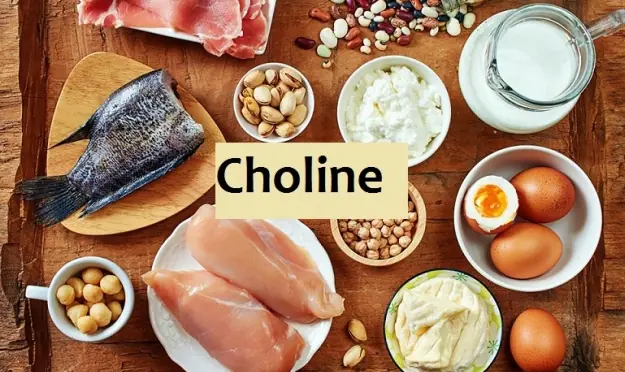
Choline-rich foods include:
-
Beef liver (one of the most concentrated sources)
-
Whole eggs, particularly the yolk
-
Beef, chicken, turkey
-
Fish such as salmon or cod
-
Soybeans, tofu, chickpeas
-
Milk and yogurt
Interestingly, omega-3 fatty acids (especially DHA in fatty fish) may enhance choline’s role in the brain, offering an added layer of cognitive support.
While choline supplements are available, experts warn that proper dosage varies widely, and excessive intake can cause side effects. It’s best to consult a healthcare professional before starting supplementation.
Conclusion
This new research highlights a potentially important piece of the anxiety puzzle: choline deficiency in the brain. As scientists continue to uncover the nutritional foundations of mental health, one message is clear—supporting the brain with adequate nutrients may be just as vital as therapy and medication.
Raising awareness about choline intake, improving dietary habits, and exploring nutritional interventions could open new pathways for managing anxiety and improving overall well-being.
News in the same category


What happens when you start eating chia seeds every day

Why You Should Stop Using Petroleum Jelly On Your Skin (It’s a Byproduct of the Petroleum Manufacturing Process)

Scientifically Proven Health Benefits of Cayenne Pepper

A Nurse Who Has Witnessed The Final Moments Of More Than 300 People Has Revealed What She Has Learned From Being By Their Side

Absolutely BEST Foods to Detox Your Kidneys

Drink this daily to support cleaner arteries

The Surprising Benefits of Foot Massages …More Than Just Relaxation

14 Best Natural Antibiotics Our Ancestors Used Instead of Pills

9 POWERFUL Health Benefits of Adding Pumpkin Seeds to Your Diet

Knowing These 12 Symptoms of a Stroke Can Save Your Life

6 fruits that help your body fight cancer cells naturally
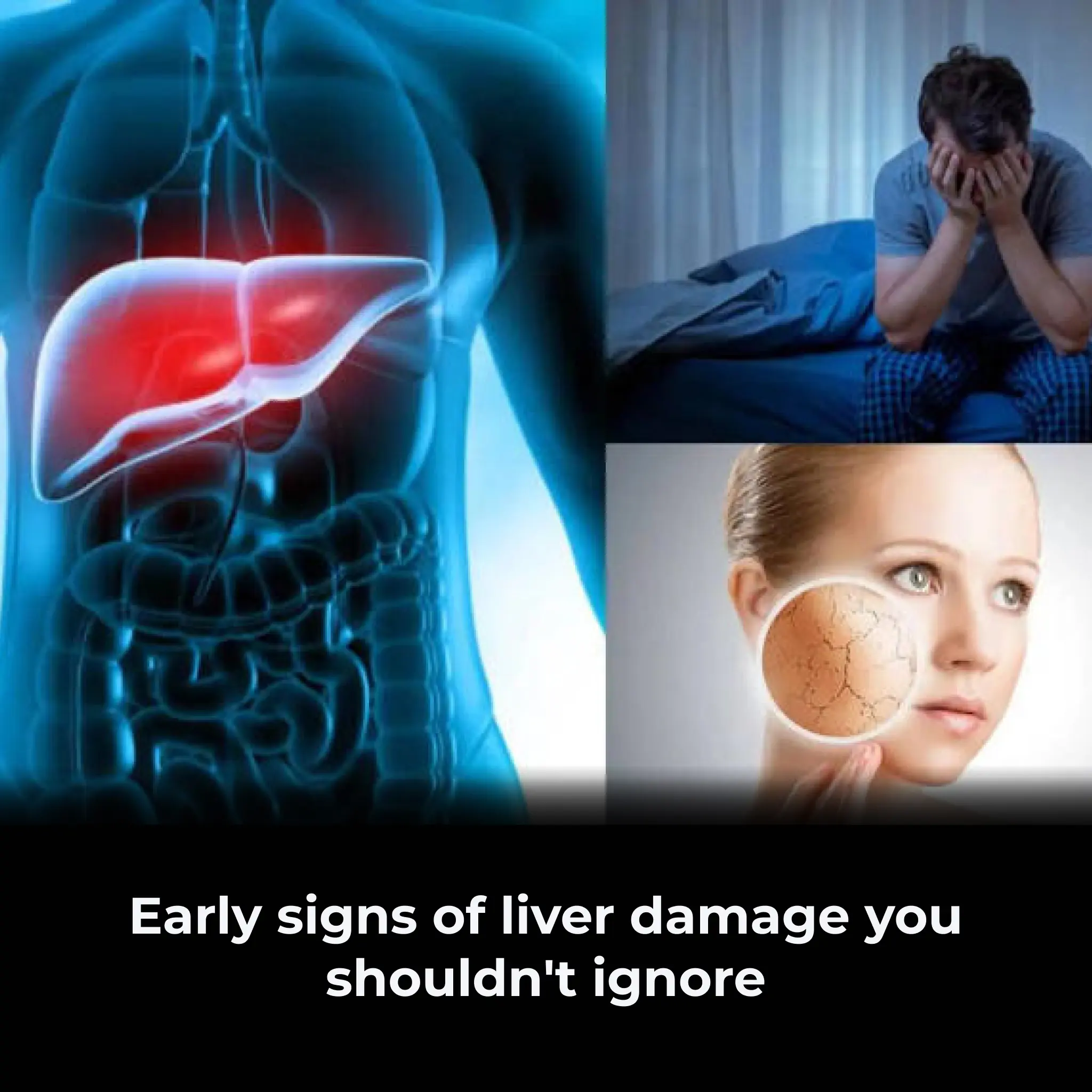
Early Signs of Liver Damage You Shouldn't Ignore

If Your Nails Show These 10 Signs, See a Doctor Immediately

The 5 warning signs you may be taking too much magnesium, according to doctors

This Is What Happens to Your Body When You Start Eating Raw Garlic

4 Things Your Feet Could Be Telling You About Your Liver Health

This Is What Happens When You Eat Sweet Potatoes Regularly
News Post

Unlock Radiant Skin: The Ultimate Guide to Using Beetroot Gel for Glowing, Spotless Skin

Fenugreek Seeds for Hair Growth: The Power of Fenugreek Hair Rinse and Its Benefits for Hair

Japanese Milk Wax To Get Rid Of Unwanted Facial Hair
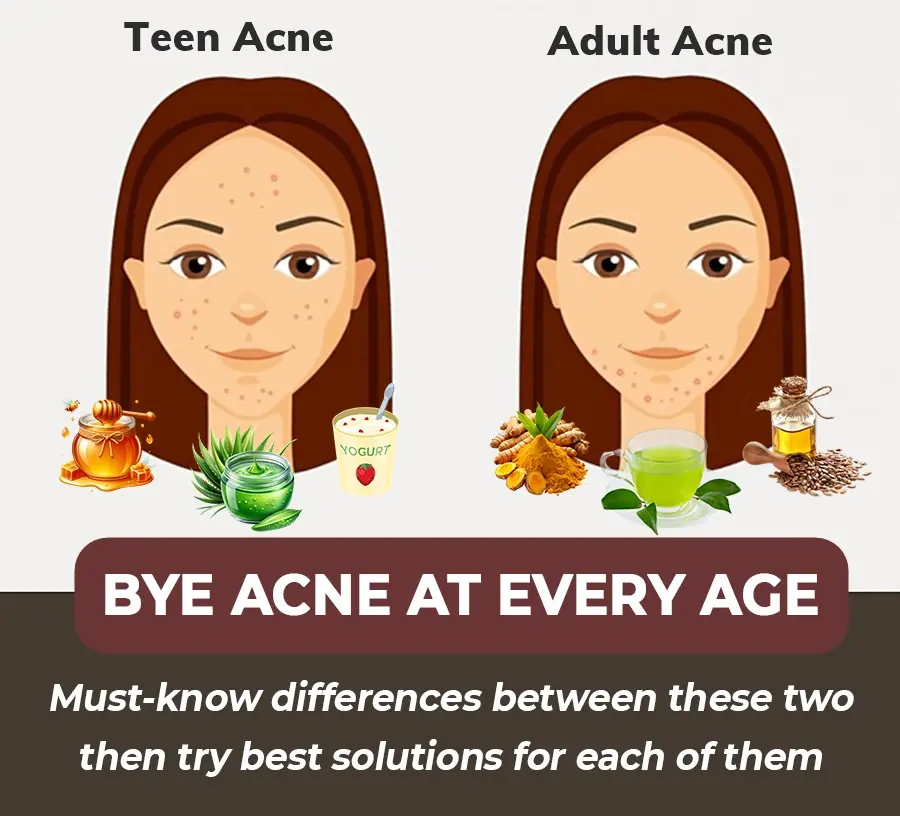
When Will I Outgrow My Acne? The Difference Between Adult and Teen Acne

5 Mascara Tips For Short Lashes

LEVEL UP YOUR LASH GAME: Top 5 Tips for Eyelash Extension Success!
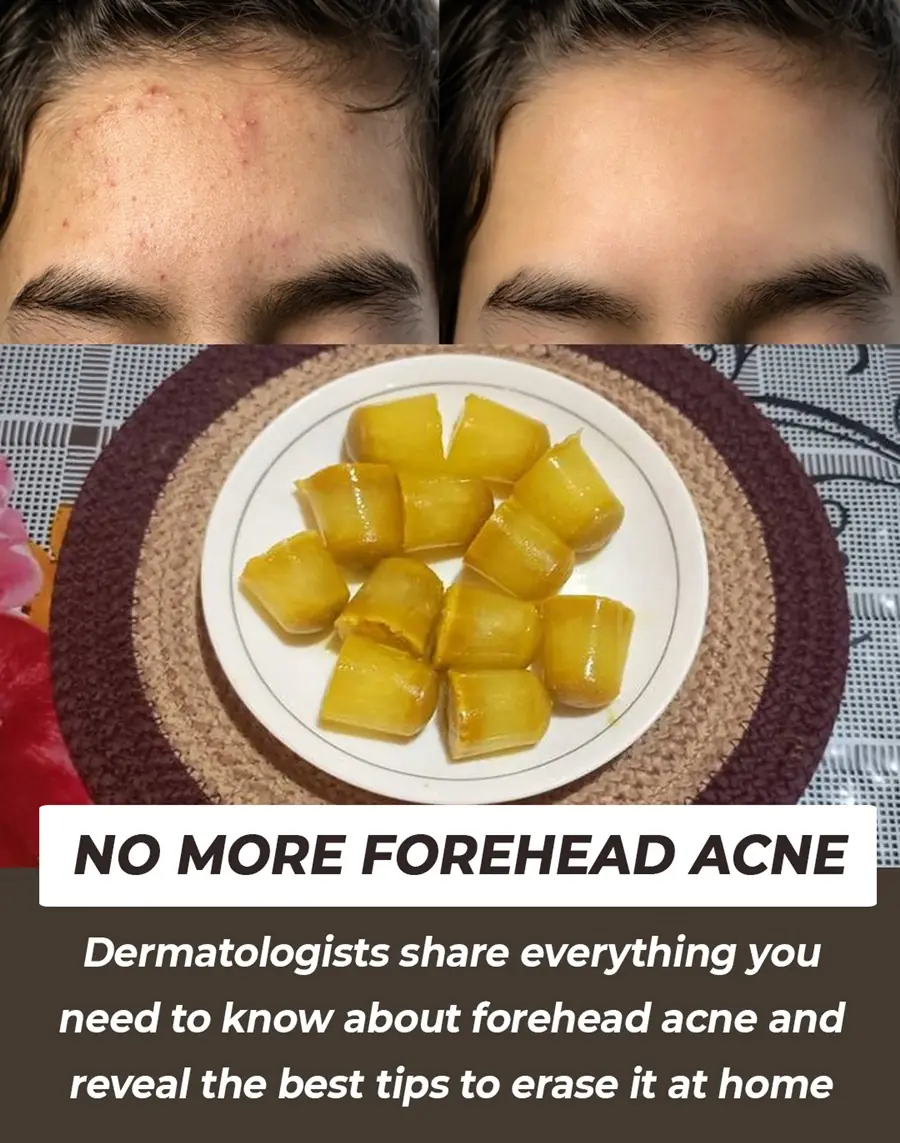
Forehead Acne and What to Do About It

11 Common Eyebrow Mistakes Women Make in Their 60s (And How to Fix Them!)

How to Prevent and Treat Age Spots: Expert Tips for Radiant Skin

5 Ways Your Skin Changes as You Age and How to Keep It Vibrant

DIY Fenugreek Oil for Hair Growth – Get Thick Hair

Brow Boosting Serum: The Natural Way to Achieve Full, Thick Eyebrows

Why You Should Be Putting Salt in Your Toilet

Why Some Children Don’t Visit Their Parents Often

DIY Vaseline Cream: The 4-Ingredient Glow Hack That Makes Your Skin Baby-Soft Overnight

DIY Fenugreek Hair Masks for Hair Growth & Reducing Hair Fall

Will Americans Receive $2,000 Stimulus Checks? What You Need to Know

Revolutionary Miniature Implant Offers New Hope for Restoring Vision in Macular Degeneration Patients

A Simple Superfood That Enhances Your Baby's Brain Development During Pregnancy
